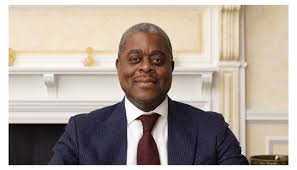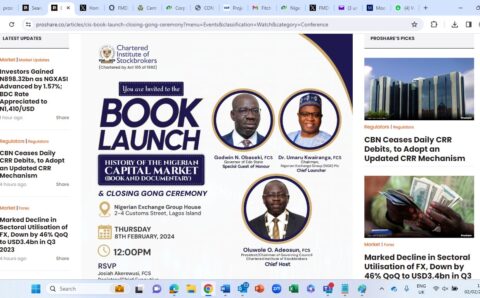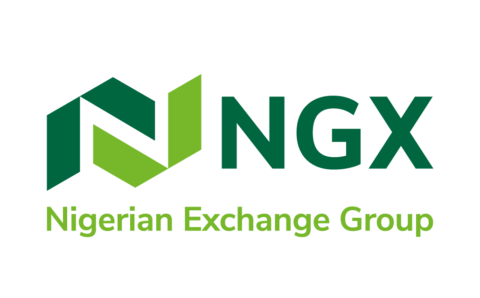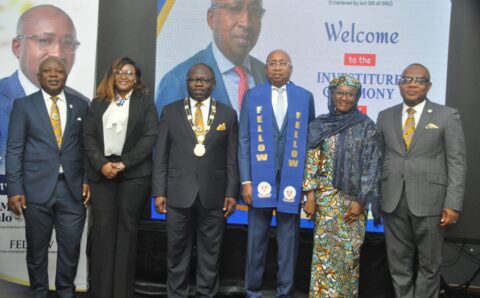The Key driver of the Capital market in 2021, as would be expected, remained the macro-economic environment as dictated primarily by monetary policy. Fiscal policy options were largely constrained by the restrictive monetary policy and exchange rate environment. Thus, with yields in the fixed income market commencing a steep upward trend from the end of February, 2021, the gains in the equities markets pared and began to become eroded, as investors switched to the preferred stability of guaranteed income returns.
The long-awaited demutualization of the Nigerian Stock Exchange was also a key driver of activities in the capital market. Listed on the NASD OTC Exchange, the NGX security (as its name was changed to), experienced decent trading activity, with some dealing members taking advantage of the liquidity opportunity presented with the shares that they had been allotted.
The debt capital market continues to be the segment of the capital market that is nearly most connected to the dynamics of the Nigerian economy.
A good number of capital issues from green bond instruments to sukuk offerings were successfully raised and issued via the FMDQ platform. Similarly, the I&E Fx window has become the official channel for the Naira and provides perhaps a relief source of 50% – 60% for businesses operating in Nigeria. The balance of business needs in foreign currency is sourced privately; rather inefficiently, but life goes on.
There is an urgent need to entwine the capital market through all its segments; debt, equity, primary and secondary, into greater relevance to the Nigerian economy. Deposit money banks remain the primary source of capital for most businesses. In 2021, the much-famed Fintech segment of business in Nigeria, understanding that the more seamless source of capital to pursue their development did not lie in the local capital markets, secured notable investments from the international venture capital markets. Thus, we saw the likes of Opay (US$400m) and Flutterwave (US$170m), striking private closed deals to bolster their businesses in 2021.
This provides an appropriate point to segue into an outlook/contemplation for 2022.
There are two challenges that need to be addressed in the Nigerian Capital market, in my view: Creating relevant content
and Identifying and building a database of investors to give effect to the content thus created. It did not take investors much convincing information to buy into the MTNN offer for sale floated in November and December 2021. This is simply because MTNN is a story that an average Nigerian can relate to. It touches the heart of retail Nigeria. Where are the agriculture propositions that can be floated on our capital markets that can effectively solve the scarcity of maize and soya beans which make the cost of poultry continue to escalate? Where are the financial advisers on our market who are asking that why can’t workers live in lower cost housing in Ibadan and commute efficiently daily to work in Lagos and return to Ibadan upon closing for the day. ? The Government has established the asset; it should be the job of the private sector to optimally utilize it. The Lagos Metro projects have also presented opportunities for the Public Private Partnership (PPP).
In 2022, Capital Market operators need to look less to Government as the beacon of our economic progress as a people, and more to their creativity and imagination to provide real solutions that will compel economic growth.
As a concluding proposition; why is a company like Innoson Vehicle Manufacturers (IVM) not being courted by capital market operators? IVM could be encouraged to, amongst other things, become the mass producer of the first car that a Nigerian school leaver aspires to own. Built around this could be extensive engineering and technical feeder schools that domesticate and entrench the brand locally.
2022 requires clear thinking champions, dedicated to evolving and unlocking value from the ordinary day-to-day needs that continue to fester in our environment. It is in observing the individual personal struggles and crafting solutions to these that deep value creating opportunities will be born in our capital market.
Eguarekhide is the Chief Operating Officer, NASD PLC






